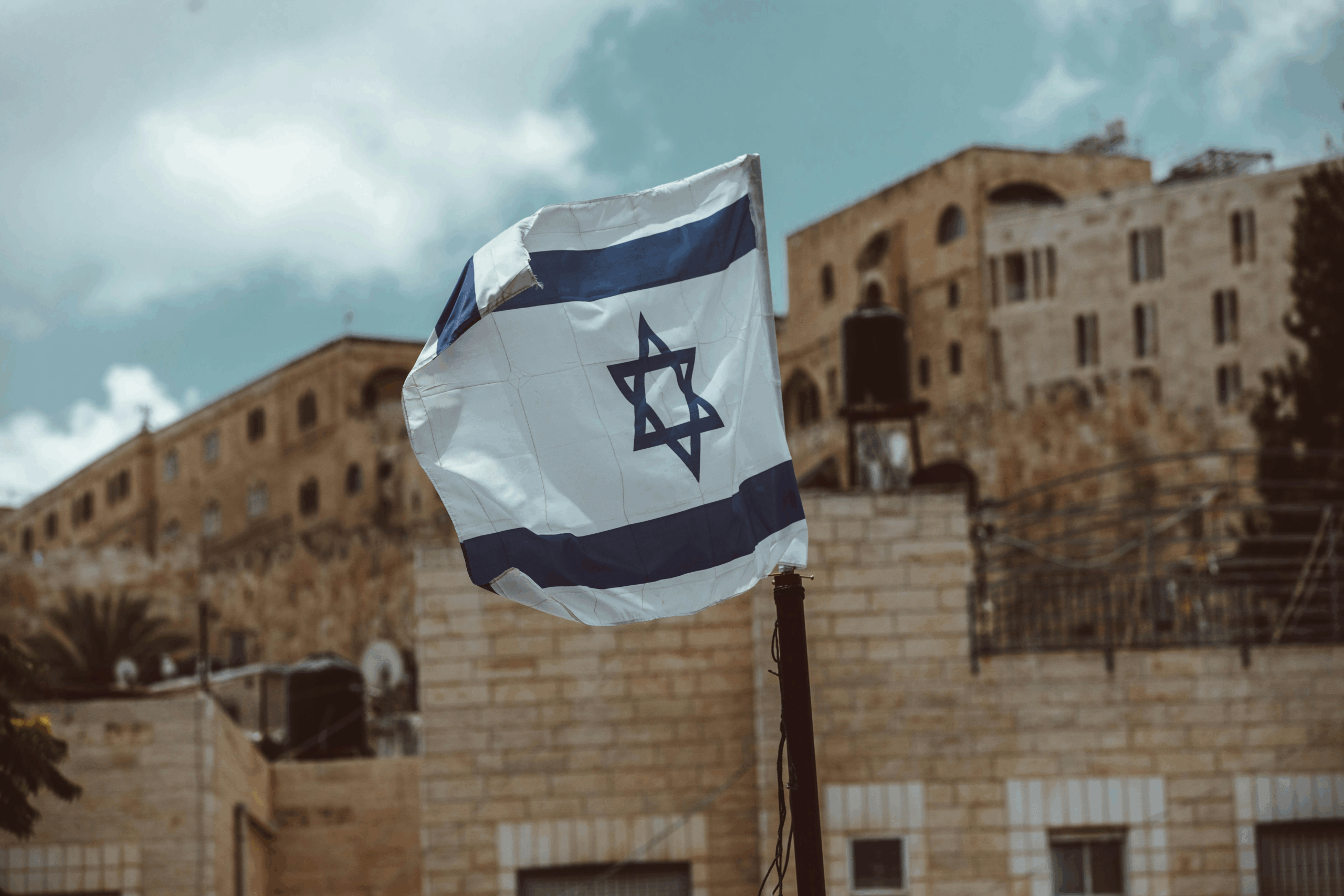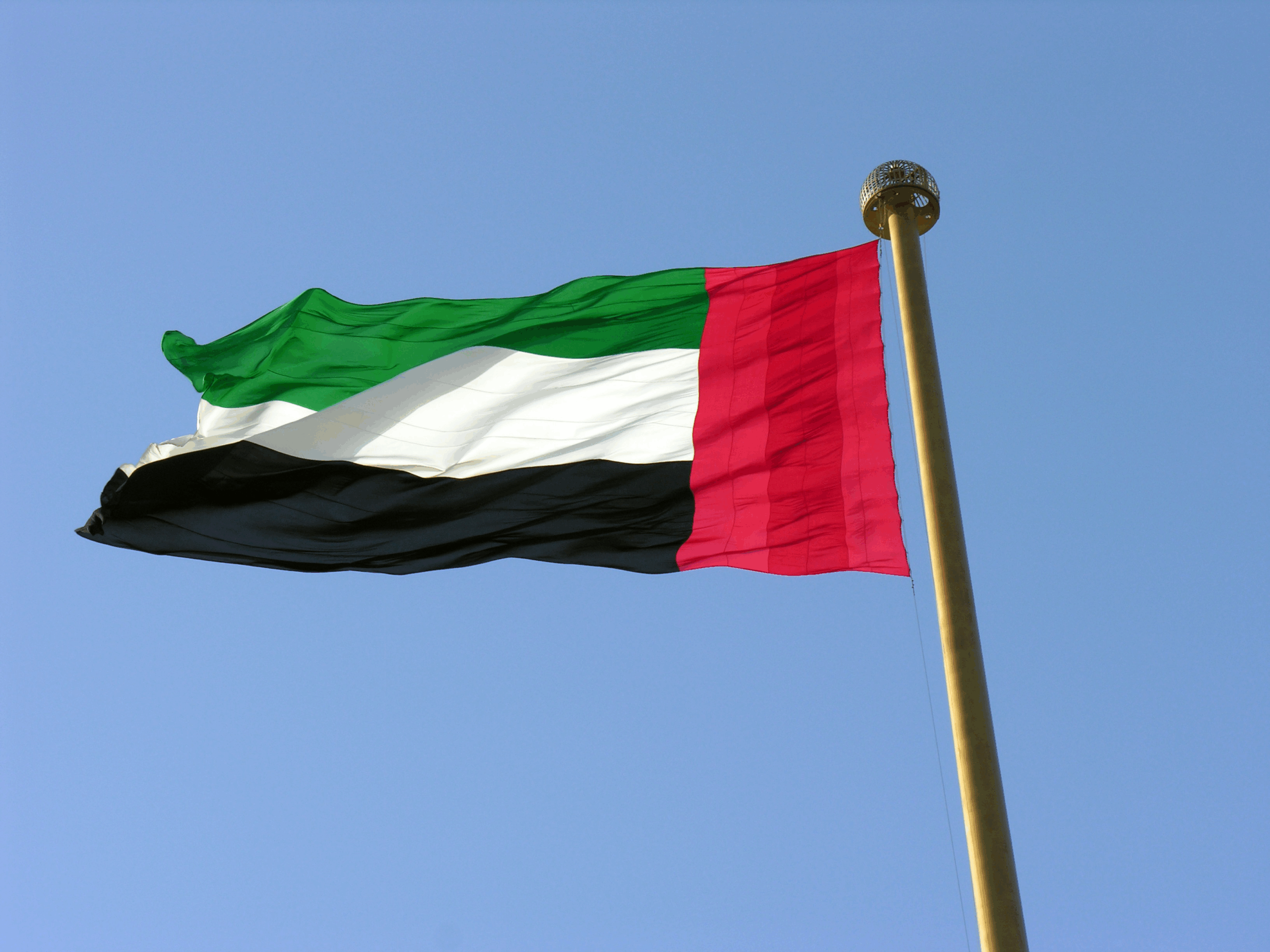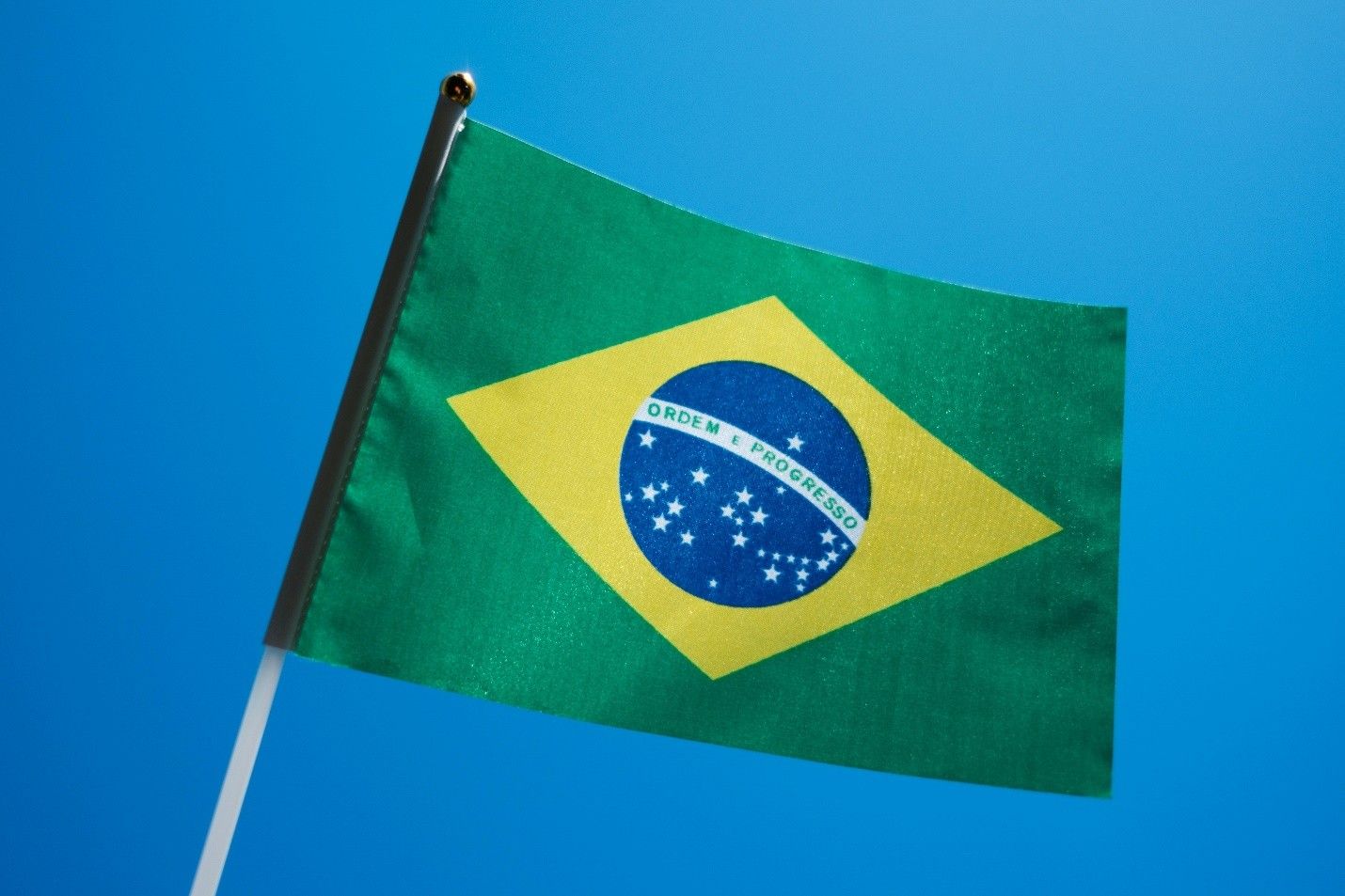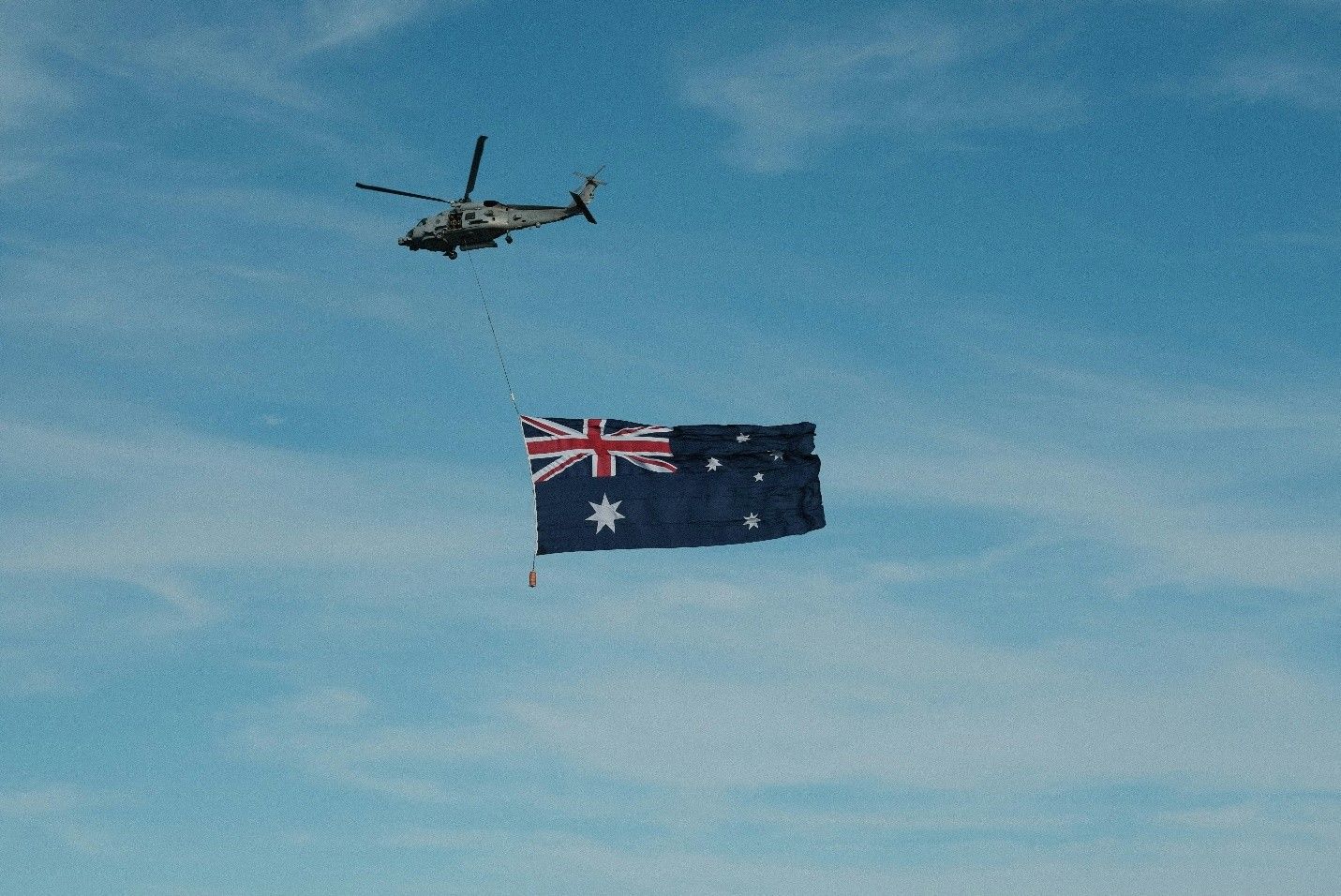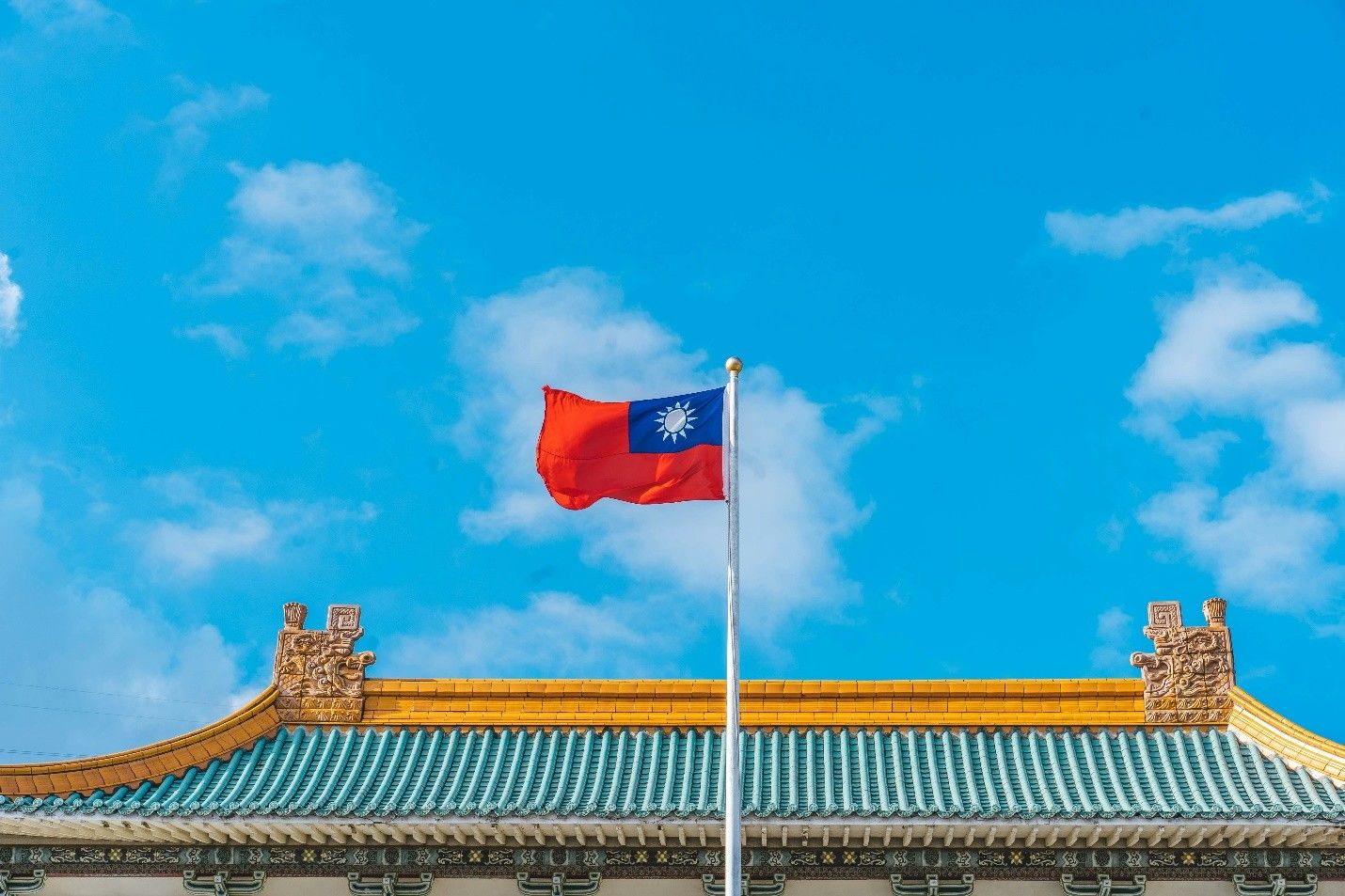
International Markets, Week in Review
Mastering business expansion in Pakistan
Expanding your business internationally can enhance reach, access new markets and boost profits. However, it also presents challenges like language barriers and unfamiliar legal systems. Despite these risks, the benefits make international business expansion appealing for growth-seeking organizations.
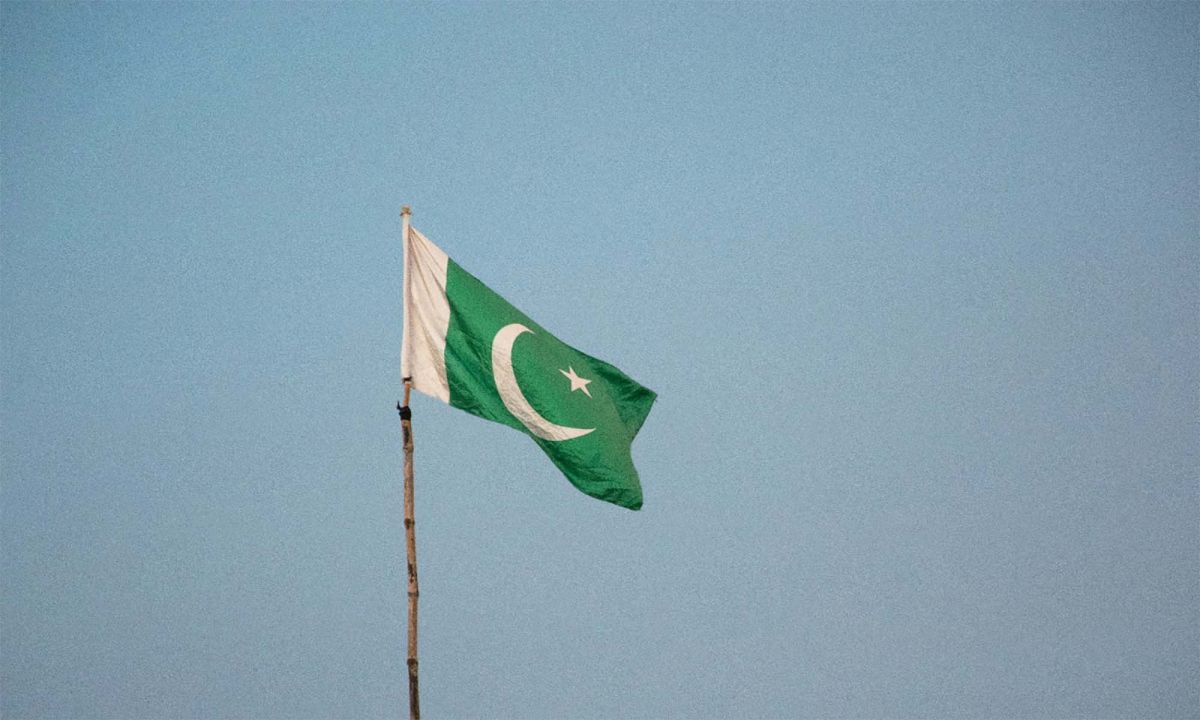
Expanding your business internationally can enhance reach, access new markets and boost profits. However, it also presents challenges like language barriers and unfamiliar legal systems. Despite these risks, the benefits make international business expansion appealing for growth-seeking organizations.
Why it matters: Understanding and adapting to international markets is crucial for business expansion, as it not only mitigates risks but also fosters sustainable financial partnerships that can significantly increase profits.
Historically, Pakistan has thrived on its diversity, actively serving as the international trade hub among Iran, Afghanistan and India. The largest ethnic group in Pakistan are the Punjabi, accounting for a little less than half the population. Other ethnic minorities represented in the country include the Pashtun/Pathan, Sindhi, Sariaki, Muhajir and Balochi peoples.
Islam is practiced by majority of the population, with very small minorities practicing Christianity, Hinduism and other religions. Around 10 million Muslim refugees migrated from India to Pakistan in the mid-20th century, while many Hindu and Sikh communities moved to India. This swift, forced migration sparked enduring conflicts, notably over Kashmir.
The official language of Pakistan is Urdu, but English, Punjabi, Sindhi, Pashto, Baloch, Hindko, Brahui and the Punjabi variant Saraiki are also spoken, usually with a significant regional focus.
Pakistan’s mixed economy is heavily reliant on state-owned enterprises, making it susceptible to global trade fluctuations and often lags behind its neighbors. The Pakistani rupee is the currency.
Top Export Partners
The United States purchases nearly 14% of all Pakistani exports. China buys 11% of exports, while Afghanistan and the United Arab Emirates (UAE) each purchase roughly 8%.
Major Export Products and Services
Apparel manufacturing and cotton textiles production represent Pakistan’s largest industries. Together they account for a little over half of total exports.
Approximately 28% of Pakistan land is under cultivation, supplied by one of the largest irrigation systems in the world, with agriculture as a major industry for the nation.
Agricultural exports include rice, vegetables, fish and fruit. Other major exports include leather goods, sports goods, chemicals, carpets and rugs.
Top Import Partners
China provides approximately 20% of all imports into Pakistan, followed by Saudi Arabia and the UAE at 12% and Kuwait at 6%.
Major Import Products and Services
Energy imports, namely petroleum products and electricity, account for approximately 30% of all Pakistani imports.
Even with a domestic agricultural sector, agricultural imports, including edible oils, cotton, wheat and consumer foods, are important to Pakistan.
Machinery, plastics, iron, steel and transportation equipment represent other major imports for the country.
Barriers to Trade (Tariff and Non-Tariff)
Pakistan stands at number 126 out of 178 countries in the Heritage Foundation’s Index of Economic Freedom. Trade in Pakistan is hindered by heavy regulations, weak intellectual property rights protection and import bans. Widespread corruption and political instability further increase trade costs and deter foreign investment.
Major Ports
Pakistan’s major ports including Gwadar, Karachi and Muhammad Bin Qasim.
Relationship Building
When establishing relationships with Pakistanis, it is important to keep in mind that they are not usually emotionally expressive. A Pakistani negotiator, once engaged, often develops an unspoken emotional investment in the outcome, which typically aids their win/win approach.
Communication in Pakistan may sometimes seem vague and indirect, especially early on in the negotiations. With time, Pakistani businesspeople usually become more open and direct as the relationship strengthens.
In Pakistan’s business culture, dignity is crucial. Accidentally embarrassing someone could ruin negotiations. Keep calm, avoid open conflicts or clear signs of anger or impatience, and remember that politeness is key.
Negotiating
Negotiating in Pakistan is a lengthy process, aiming to build personal relationships. While the objective is mutual benefit, Pakistanis are tough negotiators who may use indirect and confrontational strategies to reach an agreement.
Pakistani negotiators avoid openly aggressive or harmful techniques, although they will use deceptive, subtle tactics and assume that you are also using them. Therefore, you must verify all information you receive from the Pakistanis with an outside source.
Pakistanis also withhold information during negotiations, believing it gives them a bargaining edge. They typically only share details in exchange for something equally valuable, despite spending time building relationships.
Nepotism is prevalent in Pakistani society, so don’t be surprised to learn that your business deals will include opportunities for relatives of the negotiators. If these requests don’t harm your finances, comply for potential relationship benefits. If not, withdraw tactfully.
The unstable political environment in Pakistan fosters a cautious business climate, making it unlikely for anyone to pursue highly speculative ventures. Often, one-on-one discussions can be more productive. If your host prefers this, adapt your team structure accordingly.

